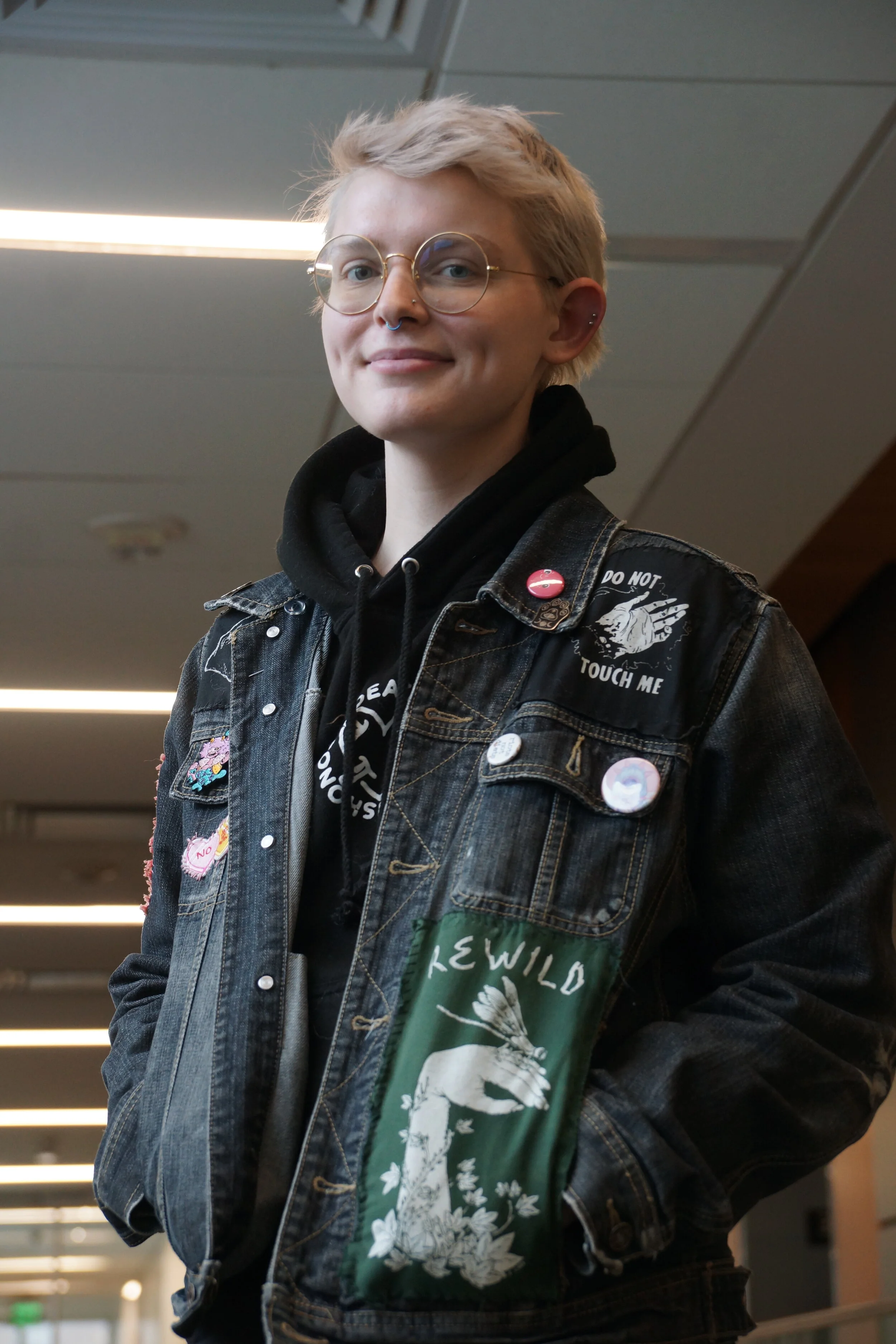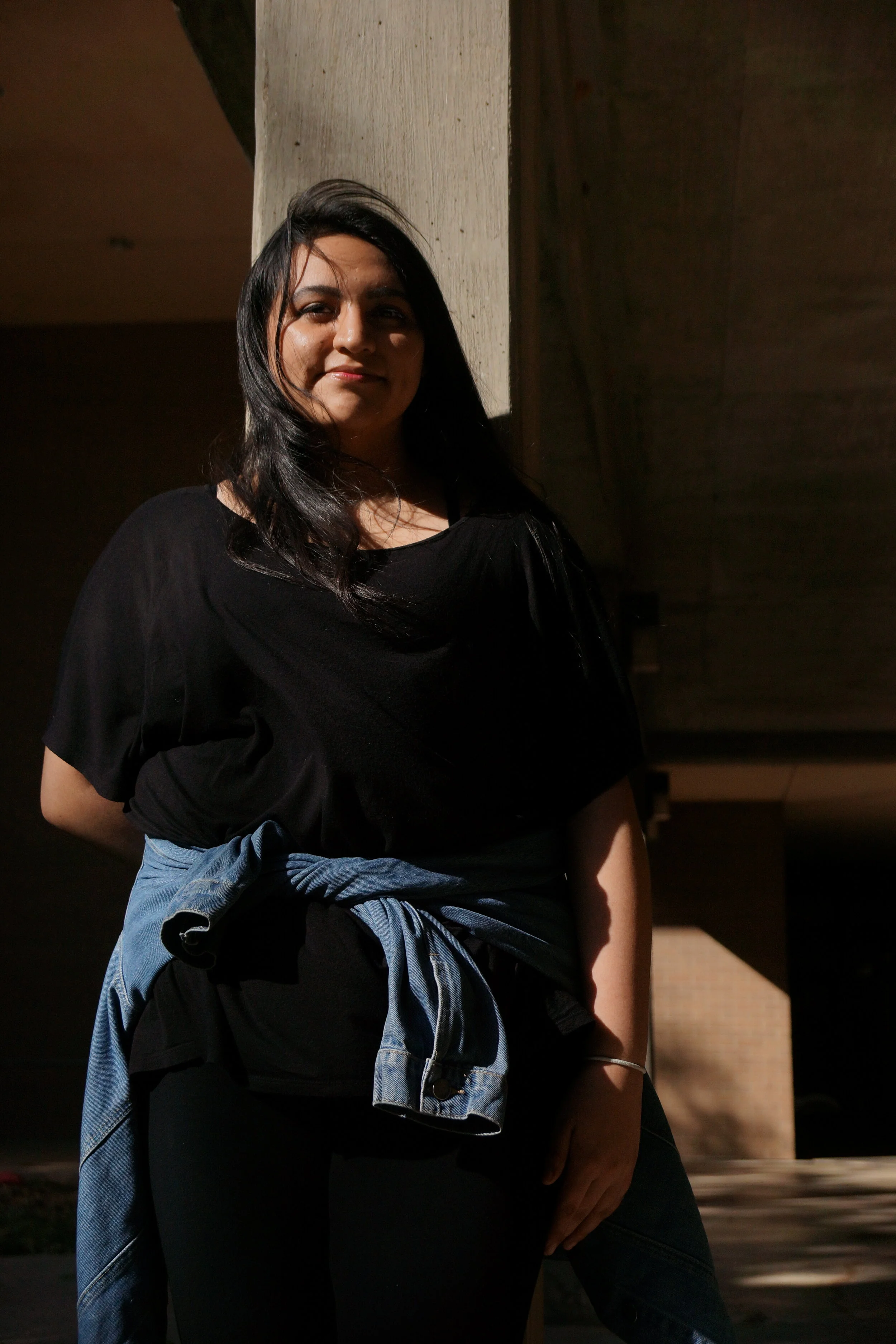Buttigieg and the Queer Vote
(also viewable with audio clips at https://spark.adobe.com/page/oqj5IEubjvDpQ/ )
With the 2020 U.S. presidential election drawing closer by the day, tensions are ever-growing among voters as they consider replacing one of the country’s most divisive leaders. With so many voices vying for affirmation in their candidates, a centerpiece of the pre-election landscape has been the vast and diverse field of Democratic candidates contending for the nomination.
Among them is South Bend, Indiana mayor Pete Buttigieg, a millennial candidate selling himself as the intellectual opposite of Donald Trump. Notably, however, he is the first Democratic frontrunner in recent history to be openly gay.
While the post-2016 political climate has been largely defined by the intensification of identity politics, the alignment of the queer vote has been much harder to pin down. While many suspected that Buttigieg's historic position as a gay frontrunner would be attractive to queer voters, he has largely failed to evoke much enthusiasm from them.
Regardless, young queer voters are still in awe of Buttigieg's success so far, as it represents potential change for the structural discrimination they have historically faced.
For Logan Swafford, a pansexual nonbinary student at the University of North Texas, respect toward identity is one of the biggest factors in choosing a candidate and alignment.
"Person is politics, you embody the politics," Swafford said. "You can't escape it, it's your life. It's your protection, it's your rights, [which] could be taken away."
In terms of actionable policy, Swafford said they would like to see more structural change in health care, especially gender-affirming health care for trans people, which has routinely come under attack. However, despite Buttigieg being gay, they do not see their values reflected in his bid.
"The idea of [Buttigieg] is great, to have a gay president would be amazing," Swafford said. "But I feel like that's all we have together. He's essentially a Republican, but gay."
This is also the case for queer/pansexual UNT student Allyssa Garcia. As a Latina existing in the queer spectrum, she feels that Buttigieg's success is ultimately connected to his place in the queer community as a white gay man.
"He definitely doesn't feel representative of the community," Garcia said. "And I think that's part of the larger problem when it comes to the 'mainstream' queer community [being seen as] white gay men, but a lot of times those people... [can] fail to see the intersectionality that comes with being queer."
For some other queer voters, political ideology and utilitarian benefit come first. Such is the case for Dayton Thomason, a bisexual UNT student whose self-described meritocratic and technocratic principles drive his decision-making. To him, the intense identity politics permeating this election has clouded proper judgement of candidates' true abilities.
"With such a strongly partisan system where you have to pick a side, it's not a matter of 'do I think this person is better at the job than this person,'" Thomason said. "It's a matter of, 'does my sports team win at the end of the day?' And I don't like that."
Moving forward, it is unclear how Buttigieg will fare, although his serviceable performance in the chaotic Iowa and New Hampshire caucuses points to a promising future. Whether or not he will do the work to capture the queer vote, however, is up in the air.

